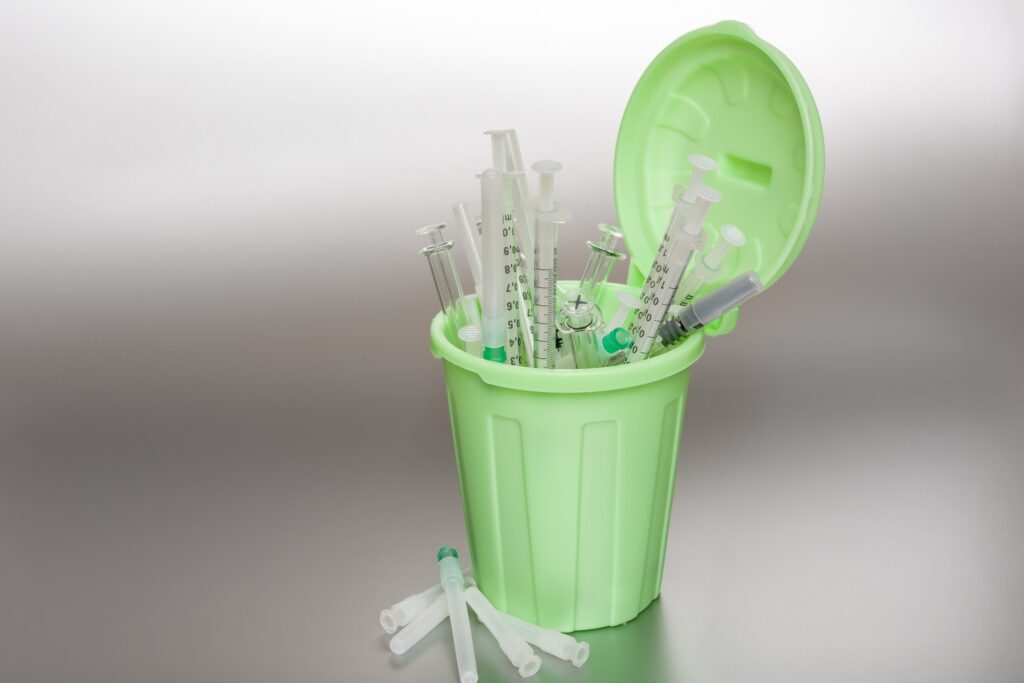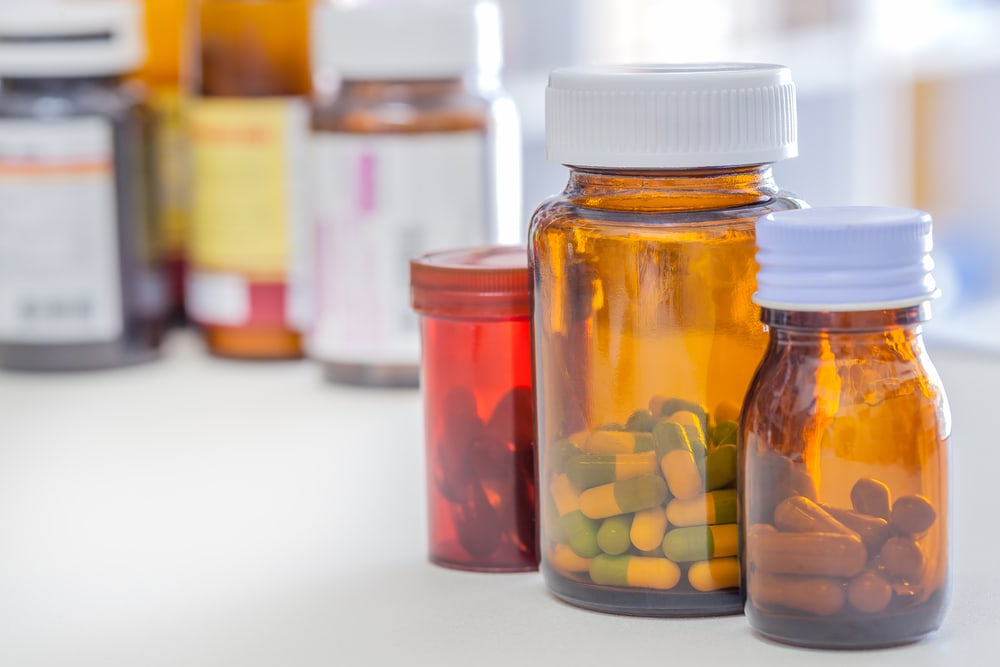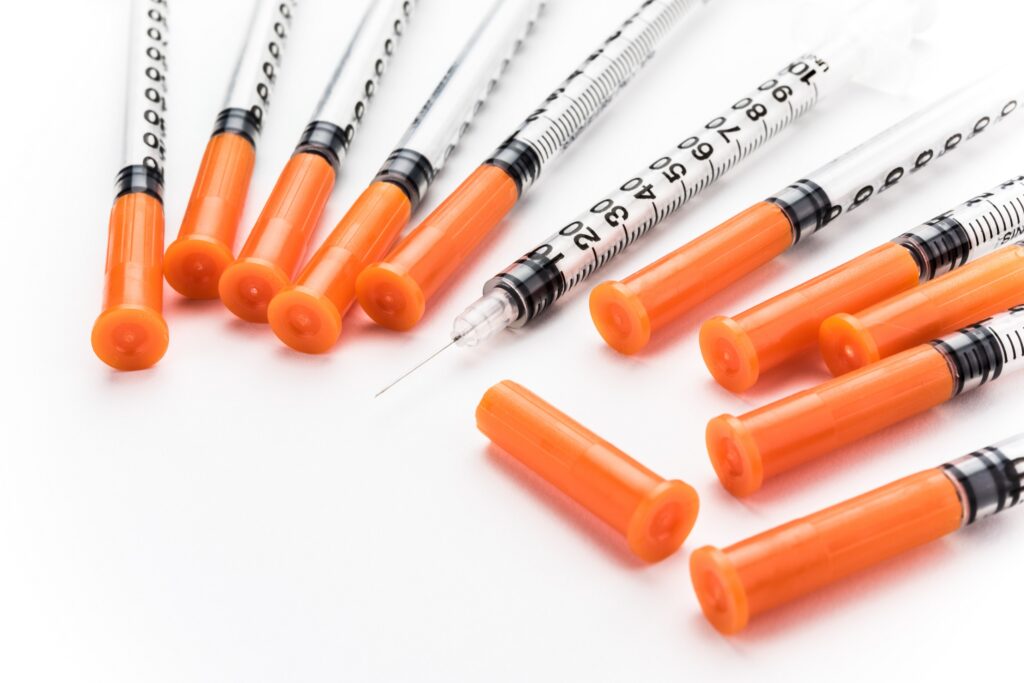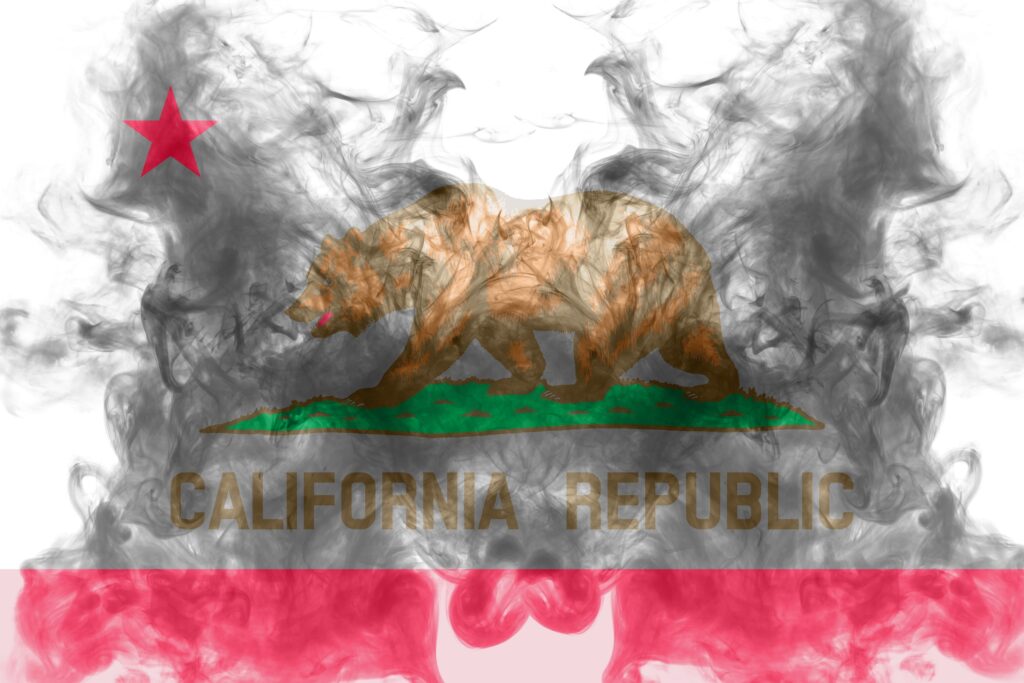INTRODUCTION
American consumers are used to pretty much everything being delivered to their doors. Currently, products ranging from the inane (like pickle-flavored lip balm) to the highly-regulated (such as pharmaceutical drugs) are shipped to every corner of the country. Oftentimes, orders arrive in under two days; in densely-populated urban areas, it can be under two hours.
The move to a delivery economy has only accelerated in the midst of the COVID-19 pandemic, which has caused more consumers to stay at home, abide by social distancing protocols and obtain their necessities via delivery. Even in the pre-COVID era, online shopping was experiencing a meteoric rise, particularly among younger generations.
Despite these trends toward an Internet-powered shipping economy, there remains a notable exception: Alcohol. While many locales around the country allow localized home delivery of alcohol—often known as on-demand delivery—a substantial number still do not. Even fewer allow longer-distance alcohol shipments that cross state lines.
This means that experiences which are a routine occurrence for modern Americans in most realms are often impossible when it comes to alcohol. For instance, unless you happen to live in a handful of states, you are precluded from ordering your favorite Kentucky whiskey or Vermont IPA online and having it delivered to your door. Until recently, few citizens questioned why America’s regulatory regime goes out of its way to sideline alcohol. But COVID-19 is causing more people to start asking why, and if it makes sense to continue to exclude alcohol in this way.
As more Americans demand that alcohol be treated like other products, government officials and policymakers will face increasing pressure to modernize alcohol transportation laws. This paper hopes to show that this can be done safely—and that it is far past time to do it.
Note: This is a corrected version of the paper originally published. Two edits have been made to the ‘Post-Prohibition to Today’ section to correct factual errors.











